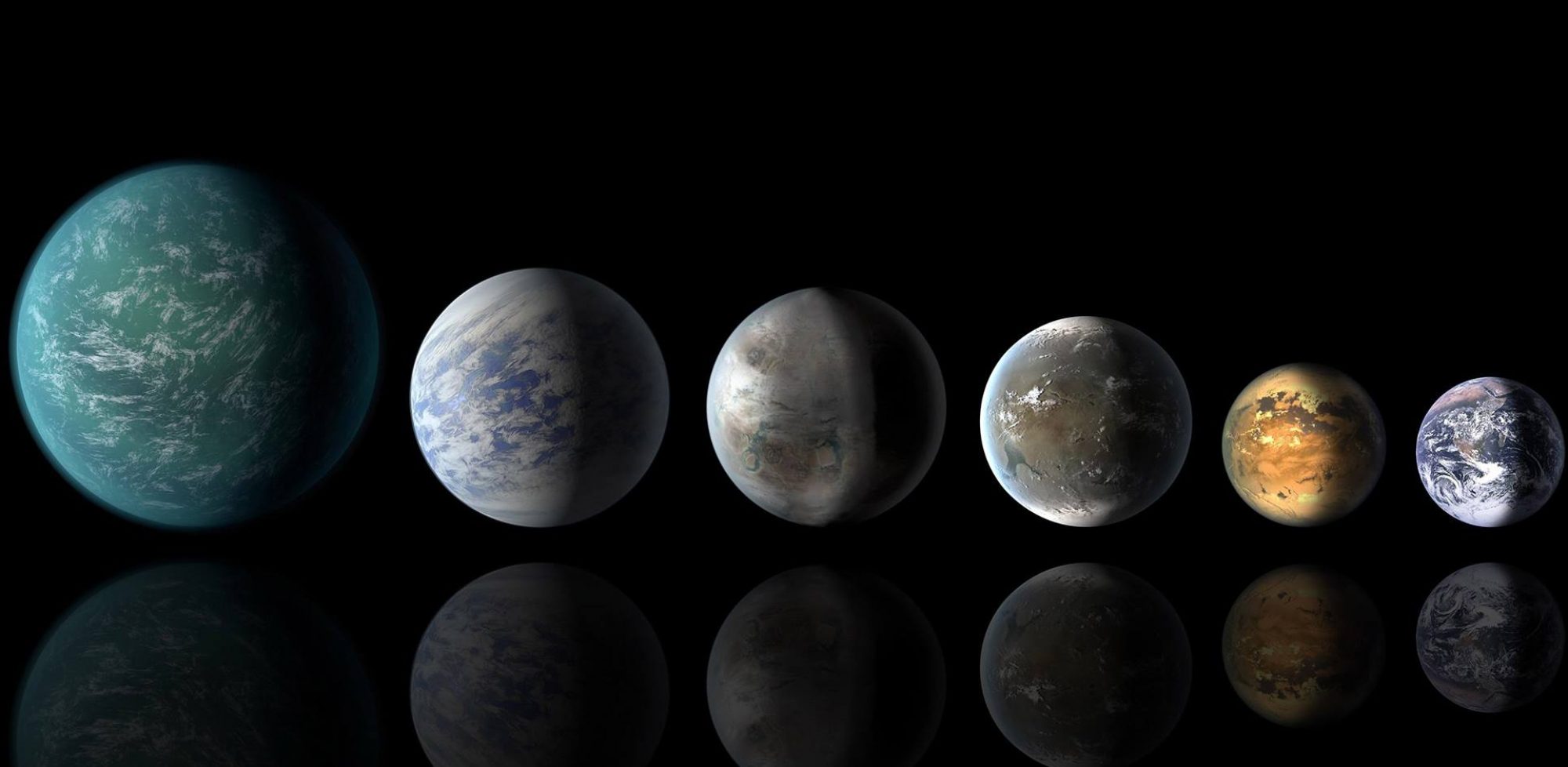Spending time immersed in the world of exoplanets raises questions of all sorts, and some lead down unexpected pathways. In the aftermath of the 100th anniversary of the publication of Einstein's General Theory of Relativity, another part of the great man’s legacy has entered into my life in a way both surprising and satisfying. I’ll …
Continue reading "Einstein, Cosmic Religion and the "Unaffiliated""
